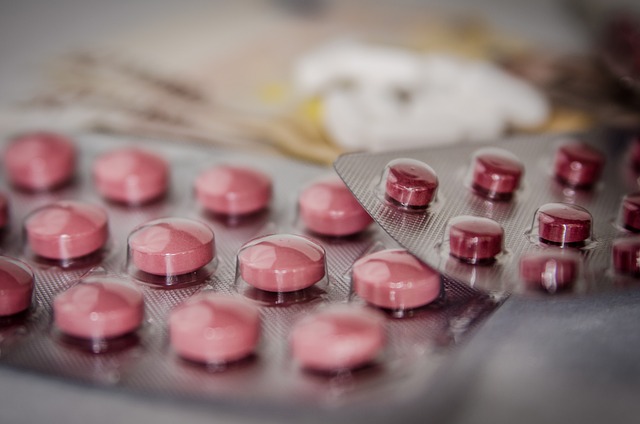Pharmacy Technician Training: Roles, Education, and Career Path
Pharmacy technician training prepares individuals to support pharmacists in dispensing medication, managing inventory, and communicating with patients and healthcare teams. Programs vary in length and format but generally combine classroom instruction with hands-on experience to build technical skills and knowledge of law, safety, and recordkeeping. Training often leads to certification or registration that employers and regulators may require for practice in pharmacies and other healthcare settings.

This article is for informational purposes only and should not be considered medical advice. Please consult a qualified healthcare professional for personalized guidance and treatment.
Pharmacy: What does a technician do?
A pharmacy technician assists pharmacists by performing tasks that keep pharmacy operations running smoothly. Typical duties include preparing and labeling prescriptions, entering patient information into pharmacy systems, processing insurance claims, and maintaining medication stock. Technicians must follow legal and professional standards for controlled substances, patient confidentiality, and accurate recordkeeping. The role requires attention to detail, basic math skills for dosage calculations, and clear communication with patients and other healthcare professionals to support safe medication use.
Healthcare: Where do technicians work?
Pharmacy technicians can work in a variety of healthcare settings, including community pharmacies, hospital pharmacies, long-term care facilities, clinics, and mail-order or specialty pharmacies. Each environment has unique workflows — hospitals often require preparing intravenous medications and working on interdisciplinary teams, while community pharmacies emphasize direct patient counseling and retail operations. Training programs may include rotations or practicums in local services or clinical settings in your area to expose learners to these different workplace expectations and protocols.
Medication: Safety and handling practices
Safe medication handling is a core part of training. Technicians learn about drug names and classes, dosage forms, expiration management, and storage requirements. Instruction covers preventing medication errors through double-check systems, barcode scanning, and understanding common interactions or contraindications to flag for the pharmacist. Sterile compounding basics, hazardous drug precautions, and proper disposal procedures are also taught where relevant. Emphasizing a culture of safety helps technicians contribute to accurate dispensing, reduced risk of harm, and improved patient outcomes.
Training: Program types and delivery formats
Training options vary from short certificate programs to diploma or associate degree tracks. Certificate programs often focus on core technician skills and can be completed in months, while associate degrees include broader coursework such as anatomy or pharmacology. Delivery formats include in-person classes, online modules, and hybrid approaches that combine lectures with supervised clinical practice. Apprenticeships and employer-based training provide on-the-job experience. When evaluating programs, check for curriculum alignment with state or national certification requirements and availability of practicum placements.
Education: Certification and regulatory considerations
Many regions require pharmacy technicians to register with a state board or hold national certification. Common certifications assess knowledge in medication safety, calculations, and pharmacy law; some employers prefer or require certified candidates. Continuing education keeps technicians current with new medications, technology, and regulations. Prospective students should verify local regulatory requirements for education, background checks, and licensure or registration. Programs that prepare students for certification exams and provide clear guidance on credentialing steps generally make the transition to employment smoother.
Career pathways and professional development
A pharmacy technician can progress into specialized roles such as sterile compounding technician, chemotherapy preparation, or pharmacy automation specialist. With further education, some move into supervisory positions, pharmacy operations, or pursued related healthcare credentials like nursing or pharmaceutical studies. Professional development includes certifications in specialty areas, continuing education, and participation in professional organizations. Employers may offer career ladders or tuition assistance for technicians who pursue advanced training. Clear documentation of experience, competencies, and certifications helps technicians demonstrate readiness for expanded responsibilities.
Pharmacy technician training combines practical skills, regulatory knowledge, and workplace experience to prepare individuals for roles that support safe medication management within healthcare. Prospective trainees should compare program content, clinical placement opportunities, and certification preparation while confirming local regulatory requirements. Ongoing education and attention to safety practices are central to professional growth and maintaining the competency expected in pharmacy practice.






